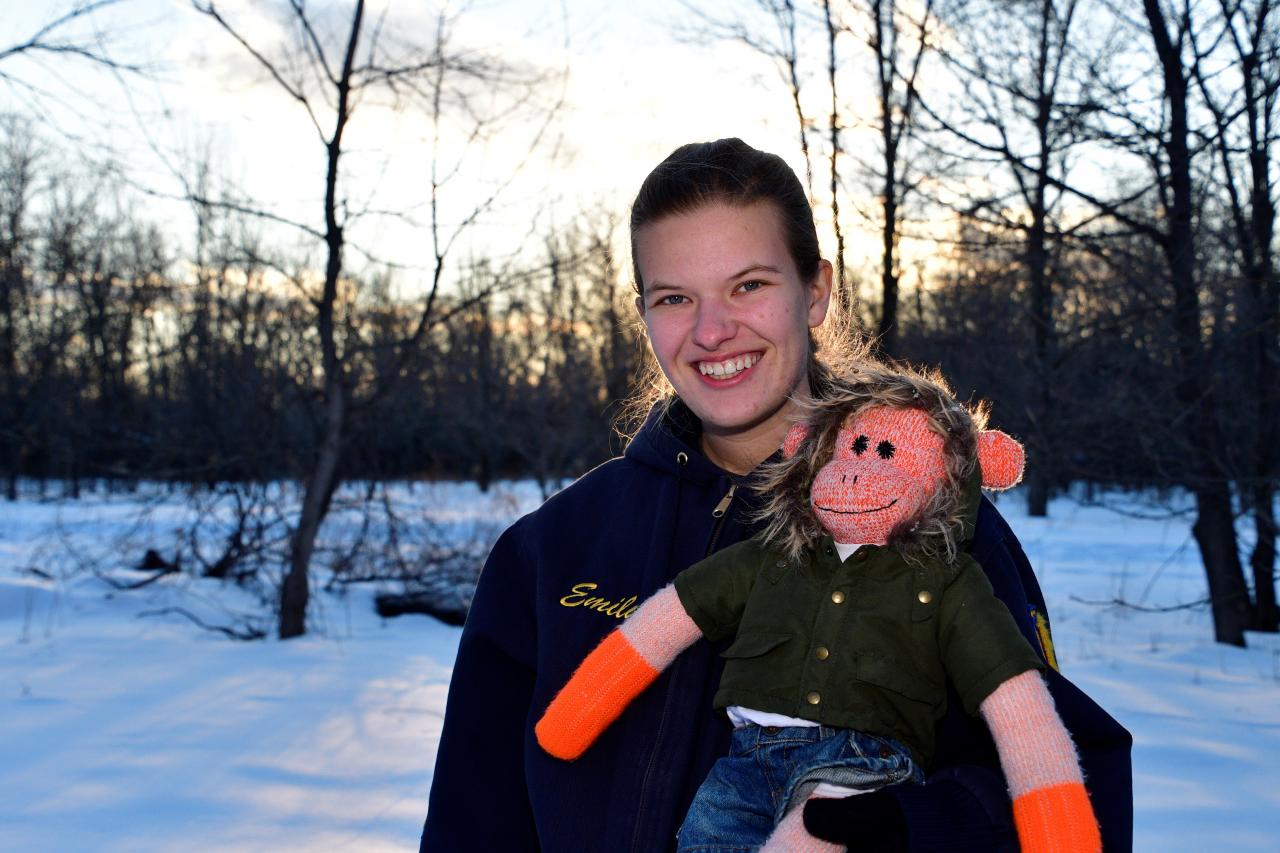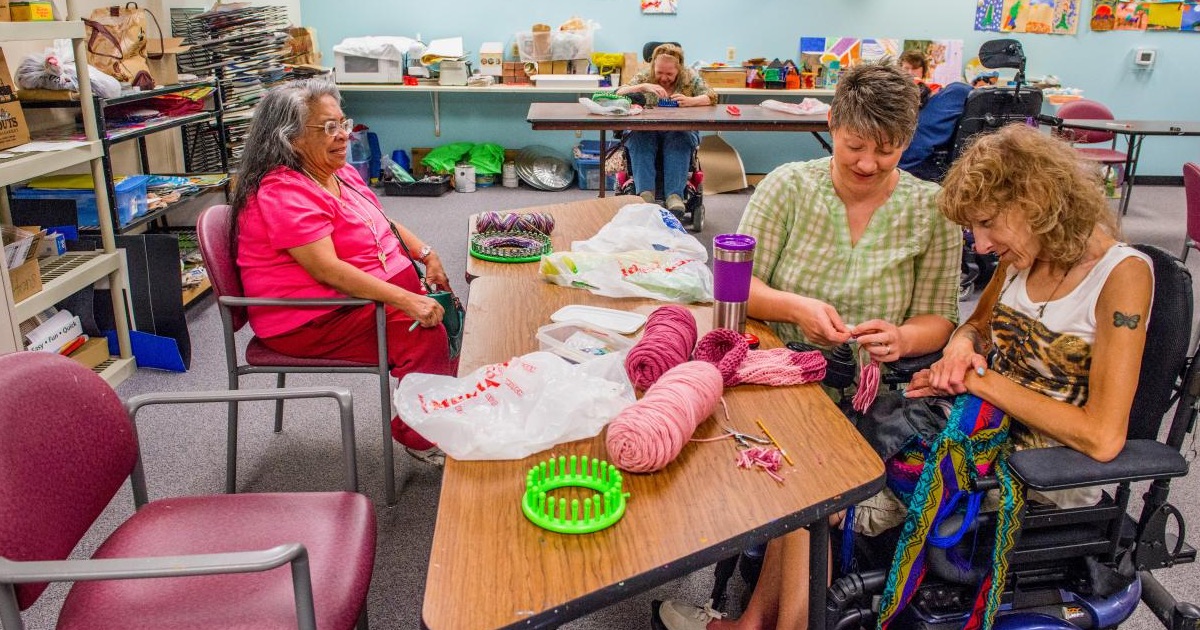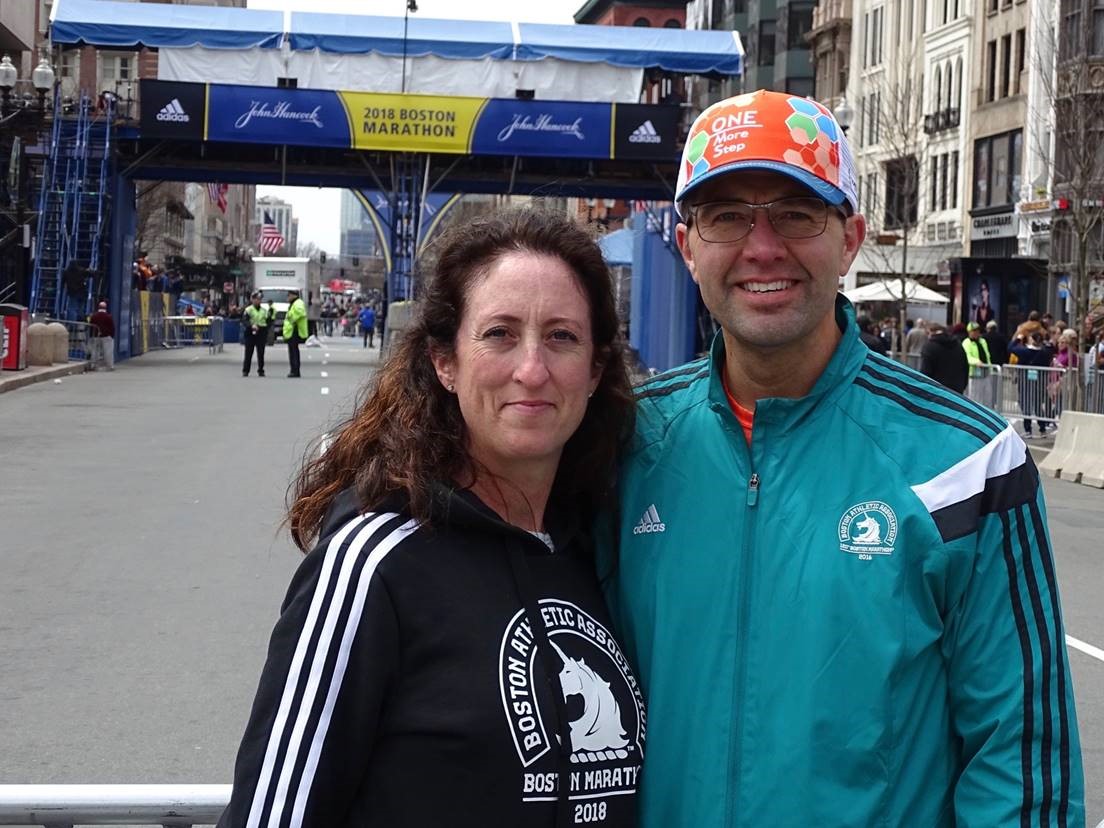 via fotolia
via fotolia
Alan Segaloff is the co-executive director of the Multiple Sclerosis Foundation, known as MS Focus, an organization that helps people with multiple sclerosis (MS) maintain health, safety, self-sufficiency and a sense of well-being. Alan has spent the past 18 years overseeing many aspects of MS Focus, including its educational programs. He is passionate about wellness and helping people with MS live their best possible life.
Recently, we spoke with Alan about MS Focus and what it means to maintain wellness while living with MS.
EmpowHER: Can you tell us more about MS Focus and the services you provide?
Alan: The mission of MS Focus is to improve the lives of people with MS. We are one of the four largest national MS nonprofit organizations in the United States; this is our 31st year supporting people with MS.
Our organization started in someone’s home as an information clearinghouse. As we grew, we evolved and realized that while money was being raised for research, many peoples’ day-to-day wellness needs were being overlooked.
Today, MS Focus helps provide thousands of people with MS the resources and tools they need to have the best possible quality of life. We have almost 20 programs that do that, including grants for home care, emergency assistance, transportation, and health and wellness. We also offer assistive technology, computers, an online radio station called MS Focus Radio, a yearly cruise and even a program to make wishes come true for people with MS!
EmpowHER: Tell us more about your experience with MS. What led you to your leadership role at MS Focus?
Alan: I started my career as a Certified Public Accountant, but 31 years ago, I had a client whose wife was diagnosed with MS. She was a vibrant and outdoorsy person, but the disease progressively worsened, greatly impacting her quality of life. I became interested in helping people with MS and started doing volunteer accounting work for MS Focus, which eventually led to my current position.
During my time volunteering, something happened that really affected me. There was another volunteer also named Alan who worked in the office. This Alan had MS and would often speak with people who called in. One day, a phone call came in for him, but somehow it was patched through to me. While the woman on the line eventually realized I was not the right ‘Alan,’ we talked for over two hours. We didn’t speak about anything important, we just made small talk. She kept thanking me, just for speaking with her. This was a special moment for me, as I realized that this phone call was her way of making a connection with someone. This really opened my eyes and made me want to do more to help.
EmpowHER: What does wellness mean to you, and why do you think it’s important?
Alan: To me, wellness means freedom. It seems like such a simple thing, but there are so many aspects of wellness: social life, relationships and everything else in between. For me personally it means, being healthy, having a loving family and making choices that are good for me. Wellness means taking care of yourself – mind, body and soul.
EmpowHER: In your experience, are there things people with MS and their support partners can do to maintain wellness?
Alan: One of the most important components of wellness is maintaining strong relationships, as a care partner, spouse, relative or support group can play a key role in helping a person with MS maintain a healthy lifestyle.
My advice for people with MS and their support partners is simple: they should hug each other at least once a day! It is tough dealing with MS – and a diagnosis can be devastating. I encourage people to try and keep a bright and positive attitude and understand that they still have each other. Optimism is key when things get difficult. I also tell individuals and families facing MS to exercise together – maintaining physical activity has so many great benefits for the mind and body.
EmpowHER: What types of activities do you think most contribute to overall wellness for people with MS?
Alan: It’s important for people with MS to maintain close connections, doing activities with friends and family and not letting the disease isolate them. We’ve noticed over the years that we receive fewer calls from people during the holidays, for example, and that may be because people with MS have more family contact during those times. If people could maintain that contact and care throughout the year, instead of just during the holidays, I believe their overall well-being could benefit.
EmpowHER: There is a lot of “noise” on the Internet about the best exercises or the latest diets. What is your advice for the MS community to break through this noise?
Alan: I agree there is a lot of great information, as well as misinformation, out there. I advise people to have honest and regular conversations with their health care providers, as well as diligently check out organizations to see what information and support they provide.
Of course, GatherMS.com is good place to start. It compiles existing resources and services across the country that are recommended by the MS community to help people with MS and their support partners manage the everyday unpredictability of the disease.
EmpowHER: What strategies have you seen others implement to manage the unpredictability of MS in their day-to-day lives?
Alan: I have a friend with MS who sticks to a routine. She manages what she is doing and how she is feeling, but she also makes sure she has enough time to relax and rest. Overall, she sticks to a schedule, and it works well for her.
EmpowHER: What keeps you motivated to live your best life?
Alan: My role at MS Focus has a big part in helping me live my best life. I love how I get to help people – really help people – in need every day and potentially make an impact through my work with MS Focus. It is incredibly inspiring.
Sponsored by: Genentech
Read more in Living with Multiple Sclerosis


.png)
